As We Grow…Key Developmental Milestones Ages 1-18 [downloadable]
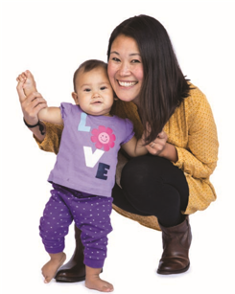 At each age in a child’s life, there are predictable levels of skill to expect. We have outlined the developmental milestones for ages 1 to 18—a checklist you can use as you observe your child growing up, and a guide to use with your pediatrician or your child’s teacher. Read more ›
At each age in a child’s life, there are predictable levels of skill to expect. We have outlined the developmental milestones for ages 1 to 18—a checklist you can use as you observe your child growing up, and a guide to use with your pediatrician or your child’s teacher. Read more ›

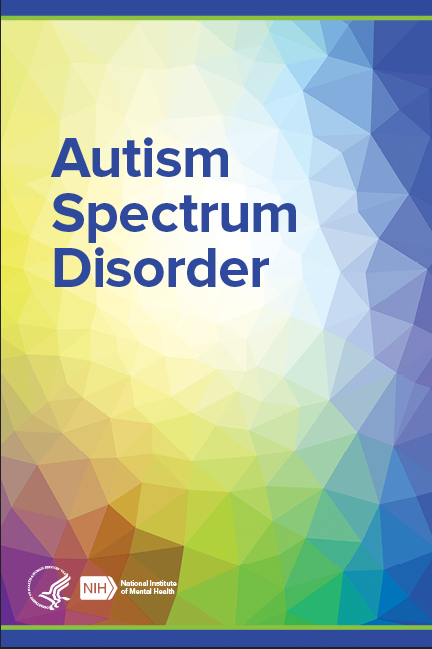
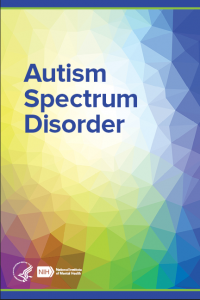 Autism spectrum disorder (ASD) is a developmental disorder that affects communication and behavior. Although autism can be diagnosed at any age, it is described as a “developmental disorder” because symptoms generally appear in the first two years of life.
Autism spectrum disorder (ASD) is a developmental disorder that affects communication and behavior. Although autism can be diagnosed at any age, it is described as a “developmental disorder” because symptoms generally appear in the first two years of life. 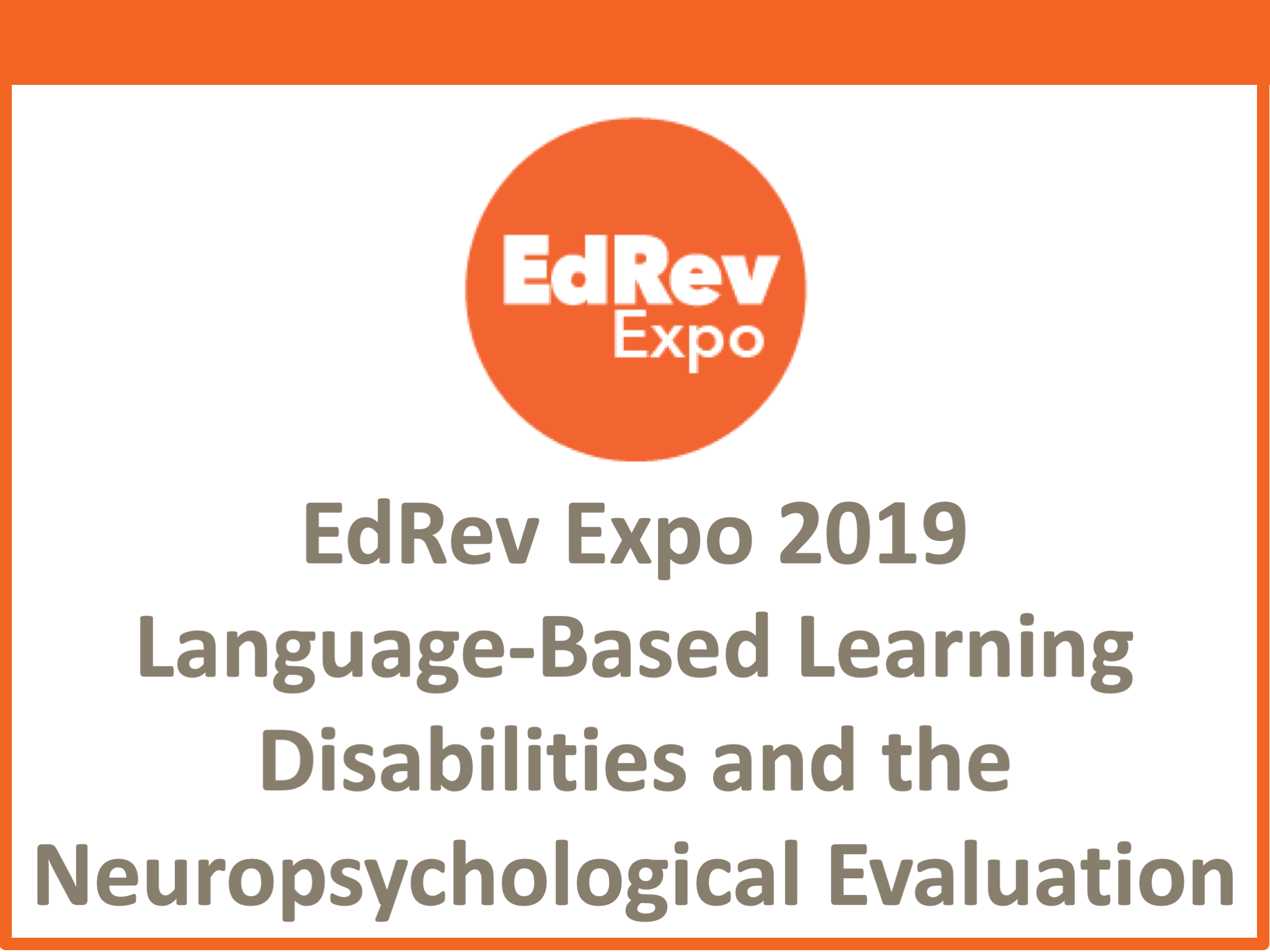
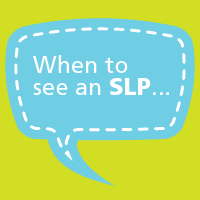
 With kids’ speech and language abilities developing at such different rates, it’s hard to know when to be concerned about delays. Here are the top ten indicators that it might be time to consult with a Speech-Language Pathologist.
With kids’ speech and language abilities developing at such different rates, it’s hard to know when to be concerned about delays. Here are the top ten indicators that it might be time to consult with a Speech-Language Pathologist. 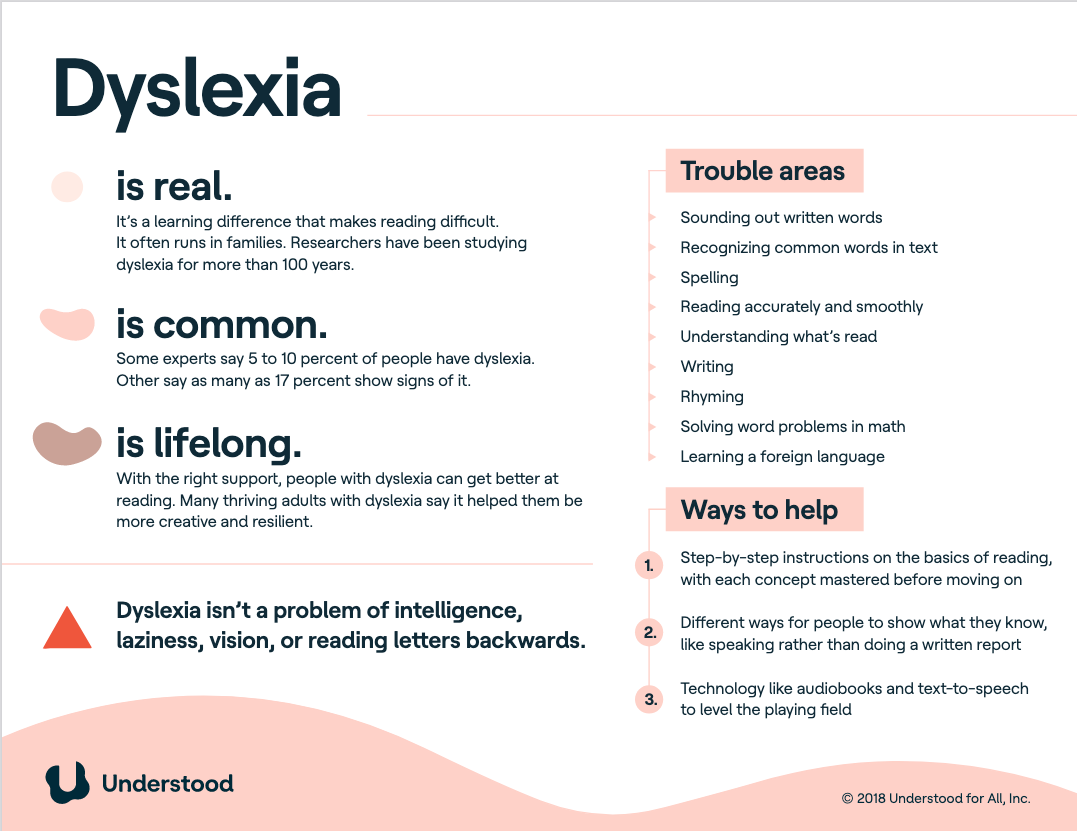
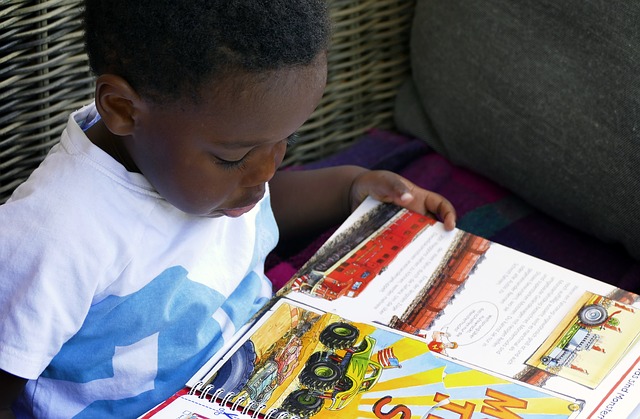
 Learning begins in the womb. And, from the moment they are born, children begin interacting with the world around them and building critical skills. What they learn in their first few years of life—and how they learn it—can have long-lasting effects on their health and on their later success in school and in work.
Learning begins in the womb. And, from the moment they are born, children begin interacting with the world around them and building critical skills. What they learn in their first few years of life—and how they learn it—can have long-lasting effects on their health and on their later success in school and in work.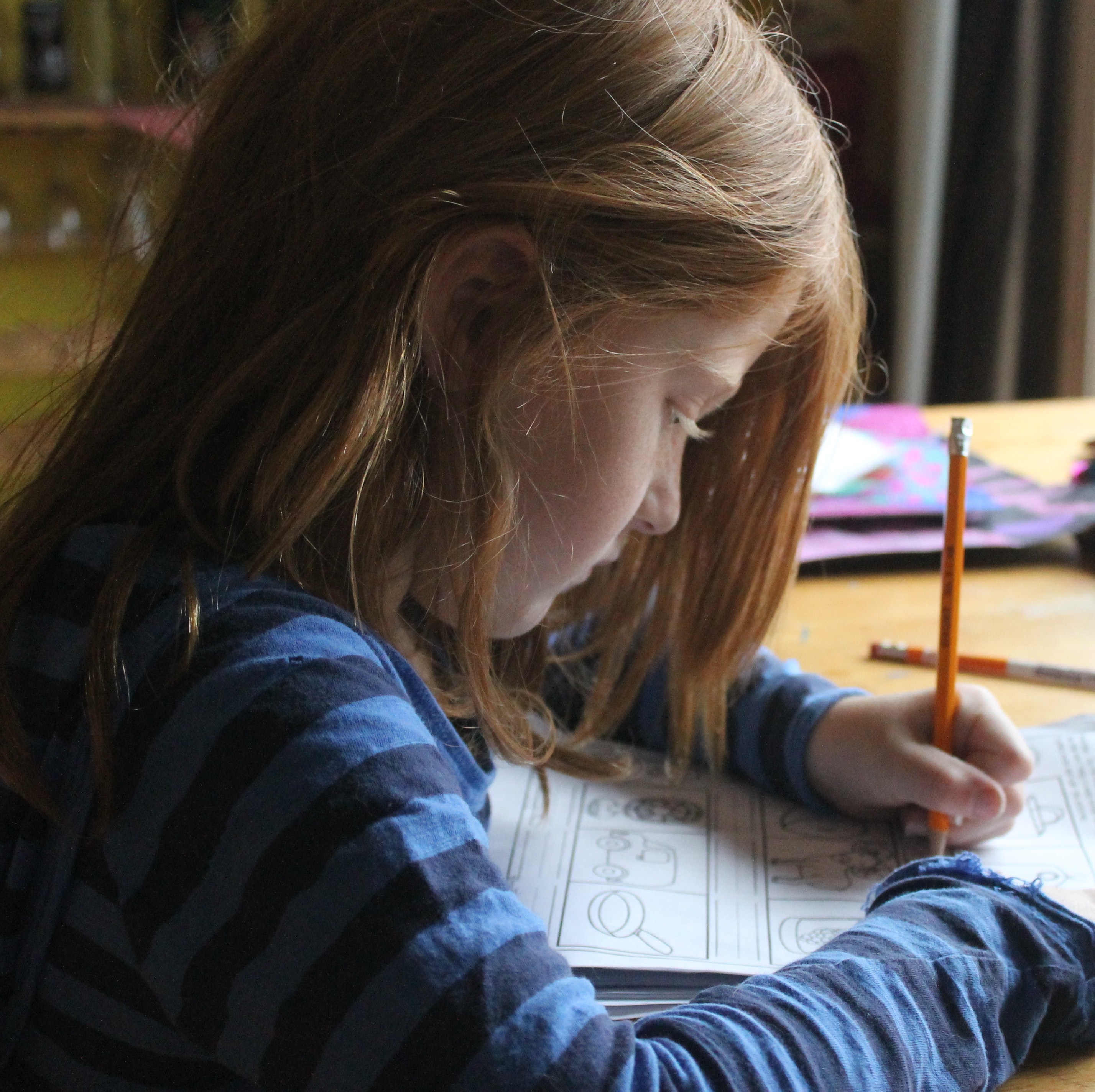
 Dyslexia is a complex language problem. It involves not being able to break down a word into the sounds that make it up, as well as not being able to think or write about the sounds in a word. Research from the National Institutes of Health has shown that dyslexia affects 5–10 percent of the U.S. population, with estimates as high as 17 percent.
Dyslexia is a complex language problem. It involves not being able to break down a word into the sounds that make it up, as well as not being able to think or write about the sounds in a word. Research from the National Institutes of Health has shown that dyslexia affects 5–10 percent of the U.S. population, with estimates as high as 17 percent. 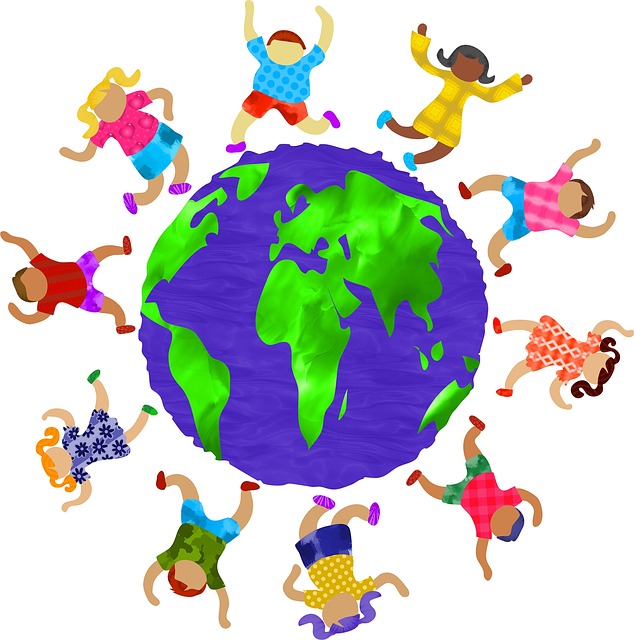
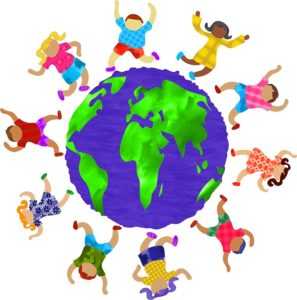
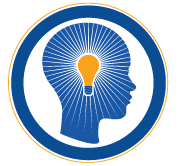 The
The 

